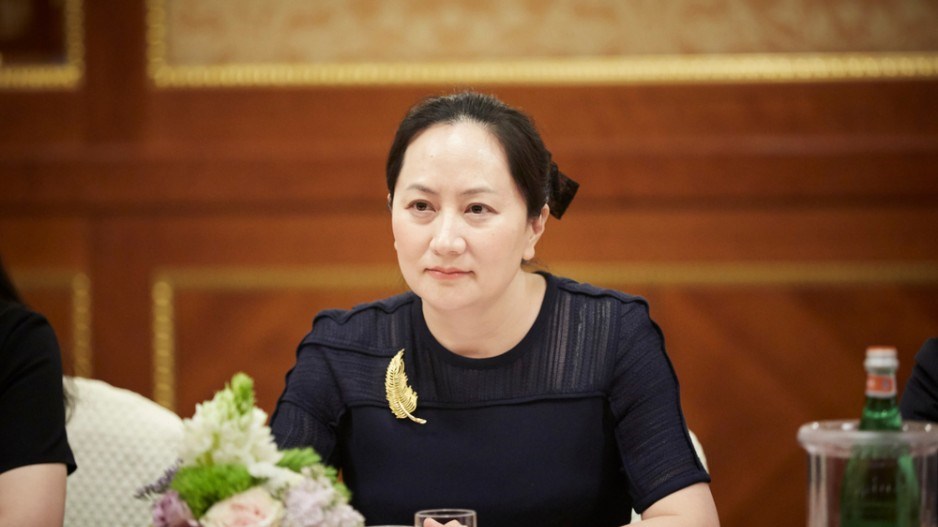The international law expert brought in to argue on behalf of Huawei Technologies CFO Meng Wanzhou said Canada is at danger of violating said laws if it goes through with extraditing the Chinese executive to the United States.
Gib van Ert, who is leading Meng’s argument that the United States is violating customary international law in charging the Huawei executive with fraud, said precedents show that the court’s decision on the case would be representative of Canada – regardless of the judicial/executive division of power.
Van Ert added that – given the defence’s argument that the U.S. extradition request is in violation of international law – Canada would then also be in violation of the same laws if the court condones the actions of U.S. authorities.
The defence argument rests on the fact that the U.S. charge of fraud and money laundering is built on Meng allegedly making misrepresentations to HSBC in 2013 to secure a banking relationship and credit facilities. The meeting took place in Hong Kong, and van Ert said the United States had no jurisdiction to police the conduct of a Chinese citizen (Meng) and an “Anglo-Chinese bank” (HSBC) in a Chinese-administered city.
“It’s not that the extradition request is unlawful,” van Ert said. “It’s the actions around the request that are unlawful... If the court condones it, it puts Canada at breach of international law. It’s not a decision you [the court] can leave to someone else.”
Van Ert did admit that this is an “unprecedented” case. The lawyer said he was unable to find another case where the extradition request itself is in violation of international law – which is what Meng alleges happened here.
“On one hand, Canada as the extradition treaty obligations [to the U.S.],” van Ert said. “On the other hand, the extradition request itself violates international law... It’s the first case where the extradition itself is against the law.”
The Crown argues that the HSBC financial system runs through the U.S. system – while doing business with Huawei also triggers risk of penalties for HSBC in the U.S. due to the Chinese telecom’s business activities in Iran, a market where a U.S. sanction existed.
But van Ert said in court today that the U.S.’s arguments in this case is a jurisdictional overreach.
“Jurisdiction is about where states get to exercise their power,” van Ert said. “And the United States is saying, ‘We get to exercise it in Hong Kong, at least in circumstances where financial transactions... took place in some way that’s connected to [the United States.] It is a fundamental shift in how jurisdiction is understood in international law, and it benefits one state.
“Each state’s exercising of its sovereignty within its territory is dependent on its right to be free of intrusion by other states in its affairs...,” van Ert continued. “This principle of non-interference is inseparable to the principle of sovereignty... If the law of the United States apply to a Chinese national in Hong Kong, that is an interference with the sovereignty of Hong Kong and China – unless international law permits it.”
The hearing continues this week.




